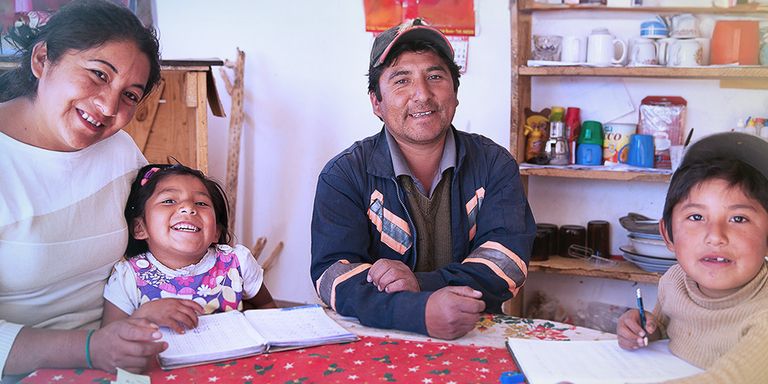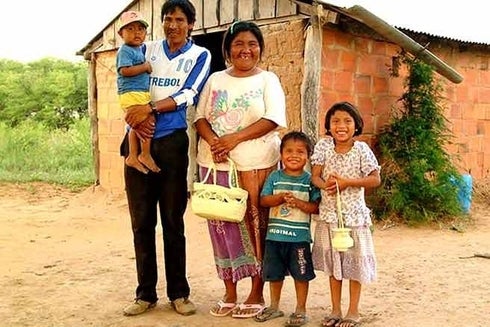
We support efficient and flexible cash-transfer programs that alleviate structural poverty and provide protection against systemic or idiosyncratic shocks; early childhood development programs; long-term care systems that promote autonomy of older persons, and services for the inclusion and autonomy of Persons with Disabilities.
Conditional Cash Transfers are the most efficient instrument to support families affected by the structural poverty in the region. The expansion of these programs has resulted in a positive impact on poverty, consumption and use of health and education services.
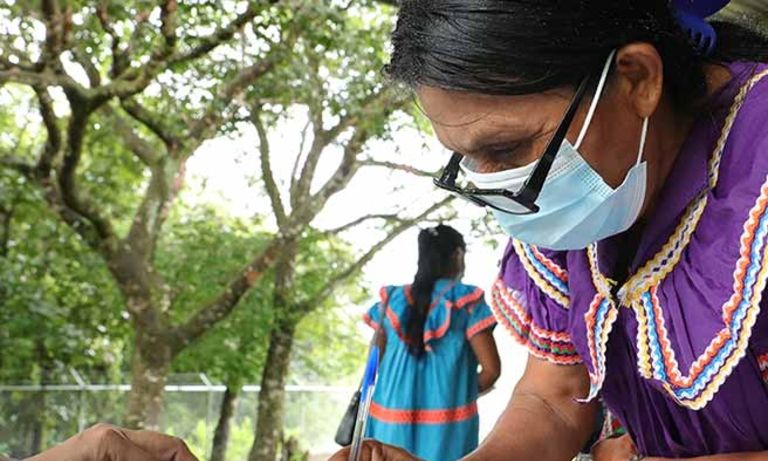
Investing in the first 1000 days of life is critical for children's development and increases societies' productivity, reducing poverty and promoting equality.
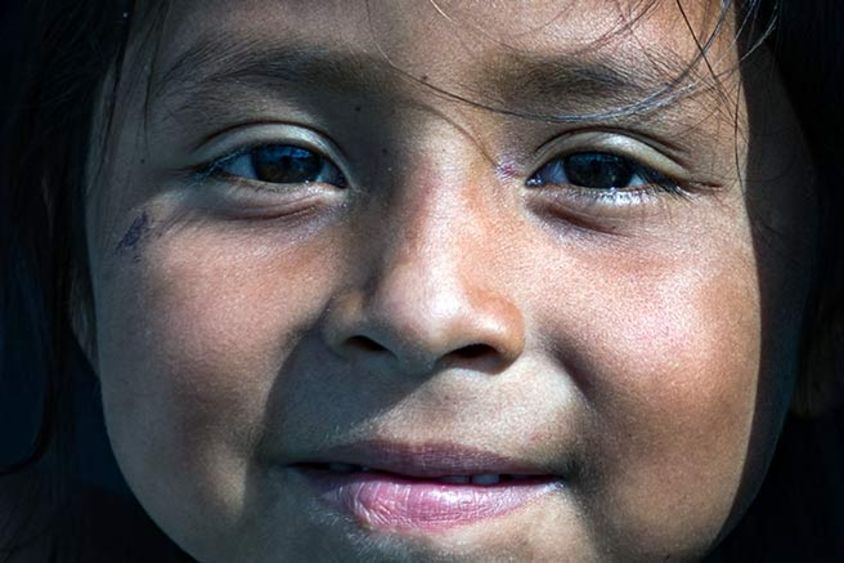
Long-term care systems help older persons maintain their quality of life, promote gender equality by reducing the responsibility of care within the family, and create jobs in the care economy.

The following policies are key to increasing the quality of life of persons with disabilities: (i) implementation of national certification systems that facilitate access to existing programs; (ii) implementation of cash-transfer programs that alleviate the poverty of PwD; and (iii) provision of personal assistance and assistive technology that enhance the autonomy and well-being of the PwD, while supporting family members (generally women) who provide assistance.
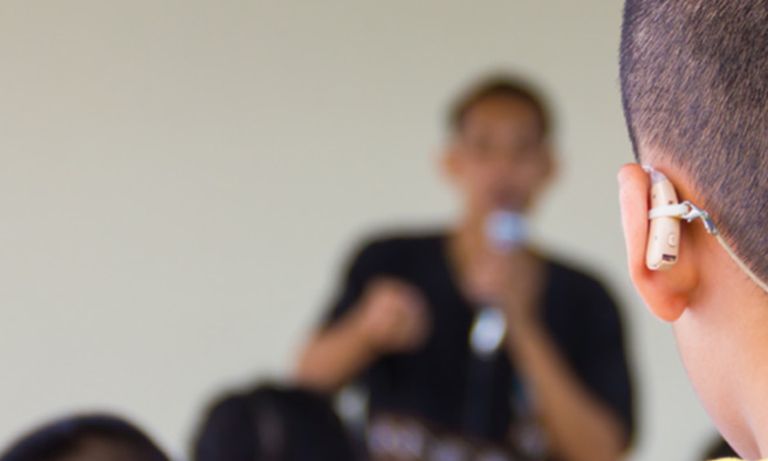
In the region, the prevalence of poverty is higher in rural areas —it affects 47.9% of its population, compared to 18.1% in cities—. Additionally, poverty affects the Indigenous Peoples population (39.7%), Afro-descendants (34.4%), and households with children (30.5%) in a disproportionate way.
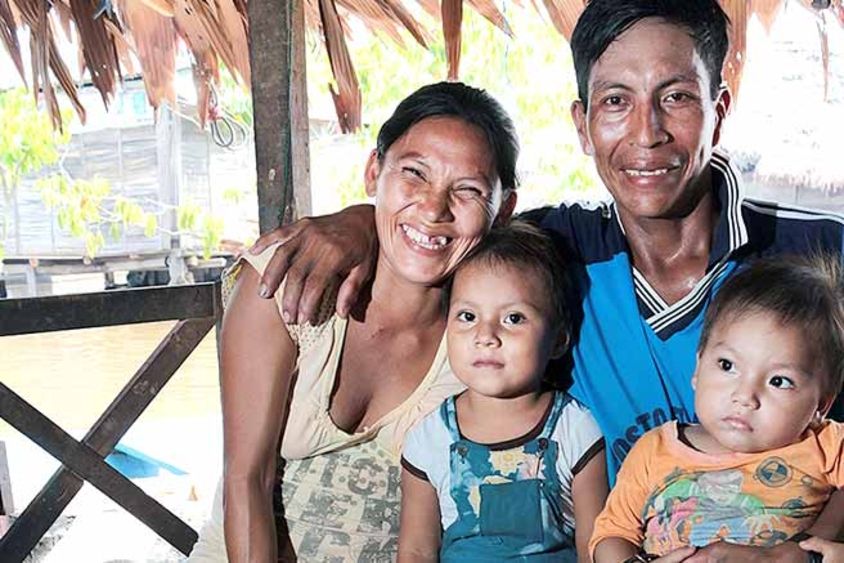
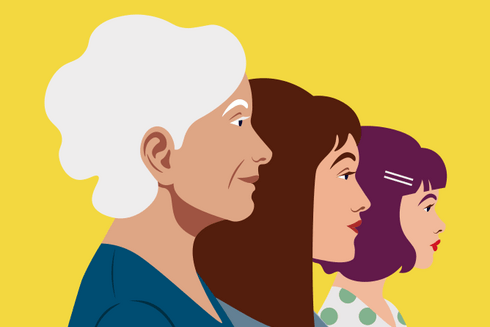
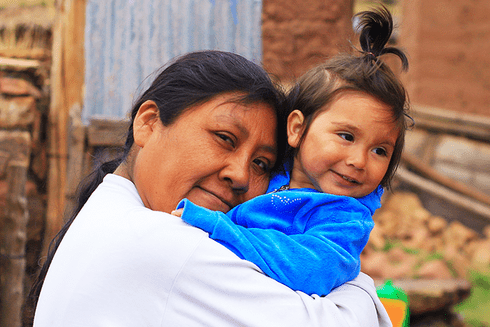
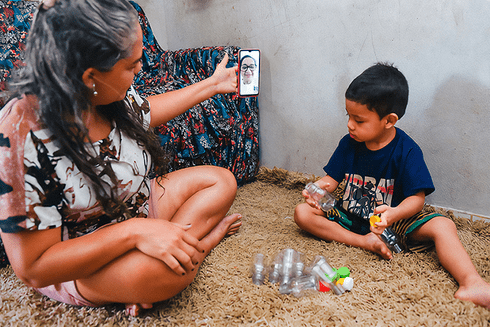
Videos available in their original language.
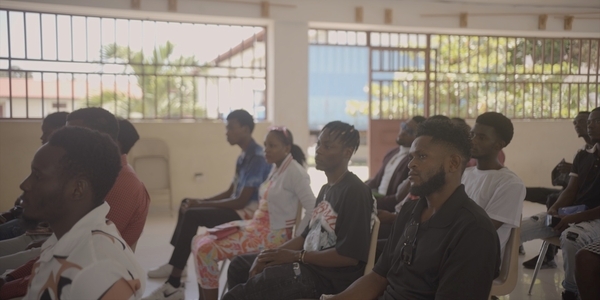
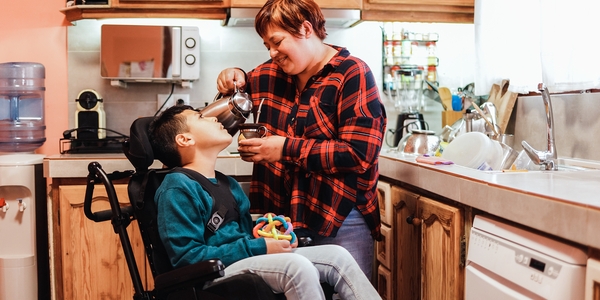
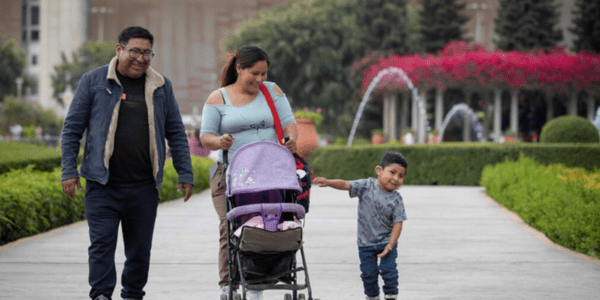
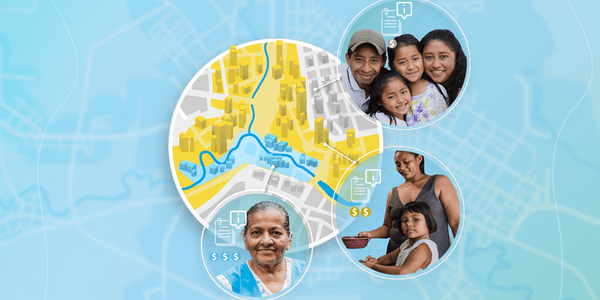
Explore our offices across countries and the work they do to improve lives.
